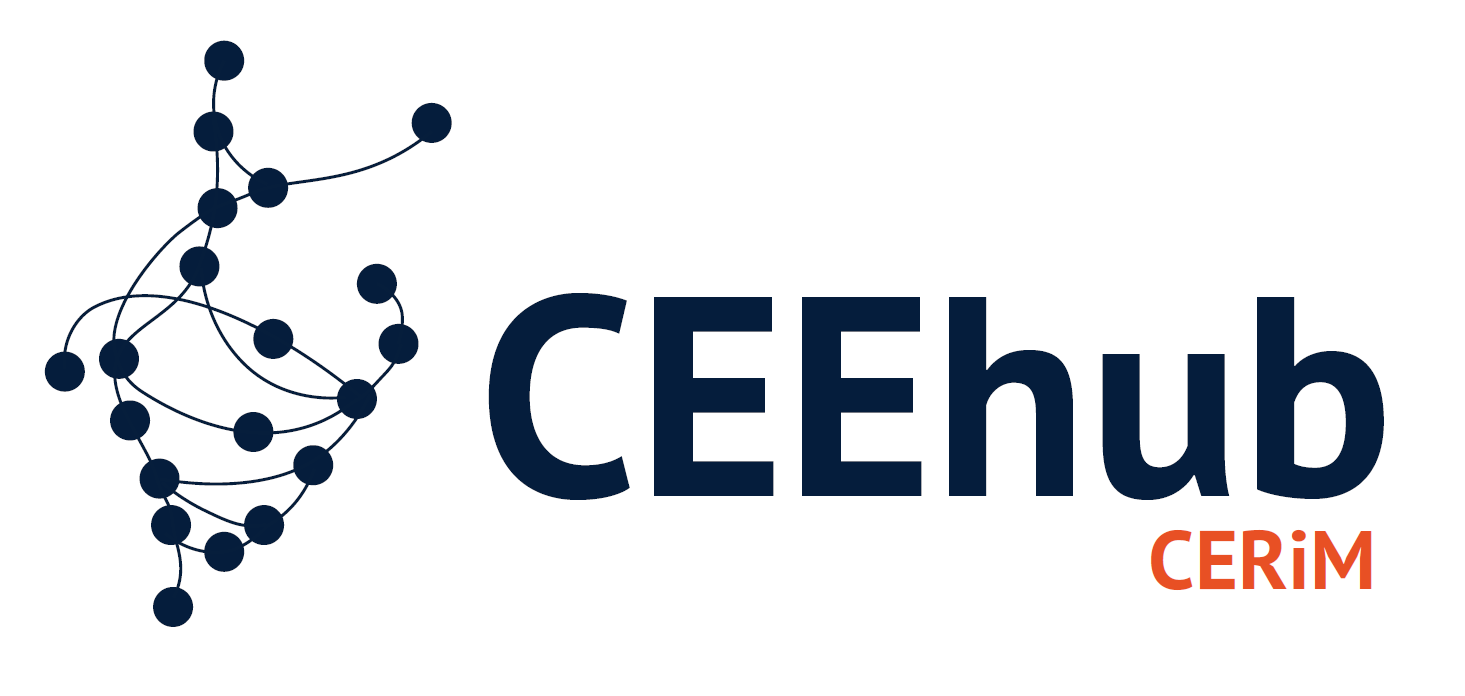CERiM Central and Eastern Europe hub (CEEhub)
-
Grounded knowledge for challenging times
The CERiM Central and Eastern Europe hub (CEEhub) brings together research, outreach and education on Central and Eastern Europe at Maastricht University.
Find us on social media:
On this page, you can discover our key areas of expertise, find news from the CEEhub, and meet our affiliated staff members. Scroll down for all this and more!
Voor de Nederlandstalige website, klik hier.
Contact us
Contact us
Steering Committee
The CERiM CEEhub steering committee currently consists of the following members:
Chair: Dr. Mariëlle Wijermars, Assistant Professor in Internet Governance, Maastricht University
Secretary: Jens Emmers, Teacher in Politics, Maastricht University
General member: Dr. Brigitte Le Normand, Associate Professor in History, Maastricht University
How to contact us
Get in touch with us: ceehub@maastrichtuniversity.nl
-
Discover our key areas of expertise
Democratic resilience and autocratisation
Central and Eastern Europe has experienced complex processes of democratization and some of the sharpest turns to autocracy in contemporary times, emerging as a battleground for the future of democracy in Europe. This area of expertise studies patterns of autocratization and identifies sources of democratic resilience in an era of contestation and violent conflicts.
Flows and connectivity
The relationships among Central and Eastern European countries and with the rest of the world have been shaped by their efforts to navigate changing global orders and power structures and to connect to different communities and places. This area of expertise investigates the movement of knowledge, ideas, goods, resources, capital, and people within the CEE space and to and from it, across sectors such as energy, digital and finance.
European integrations and EU enlargement
Since the end of the Second World War, Central and Eastern European states have actively participated in and shaped various forms of institutionalized European cooperation. Most recently, the European Union’s eastern enlargements have had a significant impact on European integration processes and are likely to continue doing so in the near future. How Central and Eastern European states have imagined, shaped, and influenced European integrations and how to prepare for future rounds of EU enlargement are key questions that this area of expertise explores.
Memory politics and identity
How history is interpreted has high political stakes in Central and Eastern Europe and beyond, which results in heated contests over questions of identity and belonging. This area of expertise focuses on the most contested issues in memory politics, such as the socialist past and competing national projects, and how contemporary political subjectivities are being reshaped.
-
News from CEEhub
Find your latest news from CEEhub here!
-
CERiM Central and Eastern Europe hub (CEEhub) launch event highlights threats to academic freedom
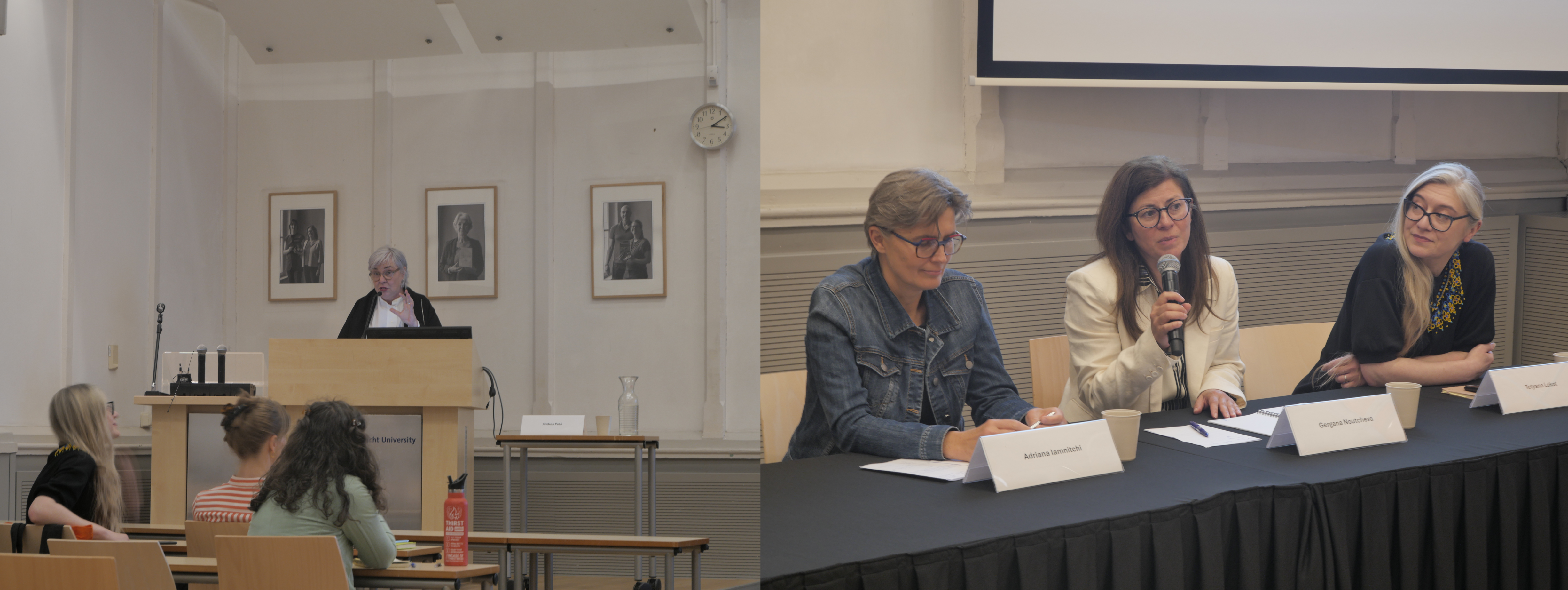
On 15 May, we celebrated the launch of the CERiM Central and Eastern Europe hub (CEEhub) at Maastricht University with a thought-provoking afternoon. In her keynote lecture “What is antiliberal politics, and what can academics do about it?” Professor Andrea Pető (Central European University) presented an urgent and insightful overview of the present dangers facing academic freedom.
In her address, Prof Pető underlined the threat that anti-liberal governments pose to academia, especially in the humanities and social sciences. In addition to attacks aimed at particular academic disciplines, such as gender studies, anti-liberal governments seek to reshape how research and higher education institutions operate. Pető referred to this phenomenon as the “Polypore illiberal state”: the setting up of parallel institutions that, at first glance, appear to function similar to established academic institutions yet, in fact, serve political objectives and erode core values such as academic freedom, scientific rigor, and free debate.
Drawing on the experience of the Central European University, which was forced to relocate from Budapest to Vienna, Pető showed how illiberal governments seek to curtail the independence and critical role of research and education. In the case of Hungary, this process included changes in higher education laws, the dissolution of university departments, as well as the transformation of programs that were deemed too critical into something “more suitable” (e.g., transforming gender studies into “family studies”). Her lecture underlined how these shifts can be gradual and subtle, which makes them more difficult to detect and resist; they are expressed in administrative reorganizations, safety speak, or budgetary decisions and, over time, permeate all scientific fields, including Science, Technology, Engineering and Math (STEM). Within the context of this “illiberal pragmatism,” the availability of resources and institutions becomes leading, rather than a commitment to academic freedom and truth-seeking.
What can academics do about the threat anti-liberal politics poses to academic freedom? Prof Pető called on academics not to remain passive and outlined concrete courses of action:
To invest in self-organization to defend academic institutions against anti-liberal attacks
To participate in the public arena and write and publish in accessible ways to engage with the general public
To make use of the opportunities provided by traditional and social media
To strengthen ties with students.
The keynote lecture was followed by a panel discussion on the opportunities and challenges in researching Central and Eastern Europe today. The interdisciplinary panel included CERiM CEEhub experts Prof. Adriana Iamnitchi (Computational Social Science, UM) and Dr. Gergana Noutcheva (International Relations, UM), along with Dr. Tetyana Lokot (Digital Media and Society, Dublin City University), and was moderated by Dr. Mariëlle Wijermars (Internet Governance, UM). The speakers emphasized the need to push back against the persistent view of Central and Eastern Europe as the ‘post-Soviet bloc’ and, instead, develop more fine-grained understandings of the diversity of its societies and democratic paths. They also emphasized the importance of digital technologies and online media in contemporary societal and political processes and the limitations of concepts developed based on American and West-European cases in capturing these processes. Finally, the speakers called for greater recognition of knowledge production by scholars in and from Central and Eastern Europe.
We thank Professor Andrea Pető, the panel speakers and the members of the audience for the inspiring discussions! Follow CERiM CEEhub on LinkedIn or Bluesky to stay informed about upcoming activities.
-
-
Affiliated Staff
Get to know our experts!
-
Giselle Bosse
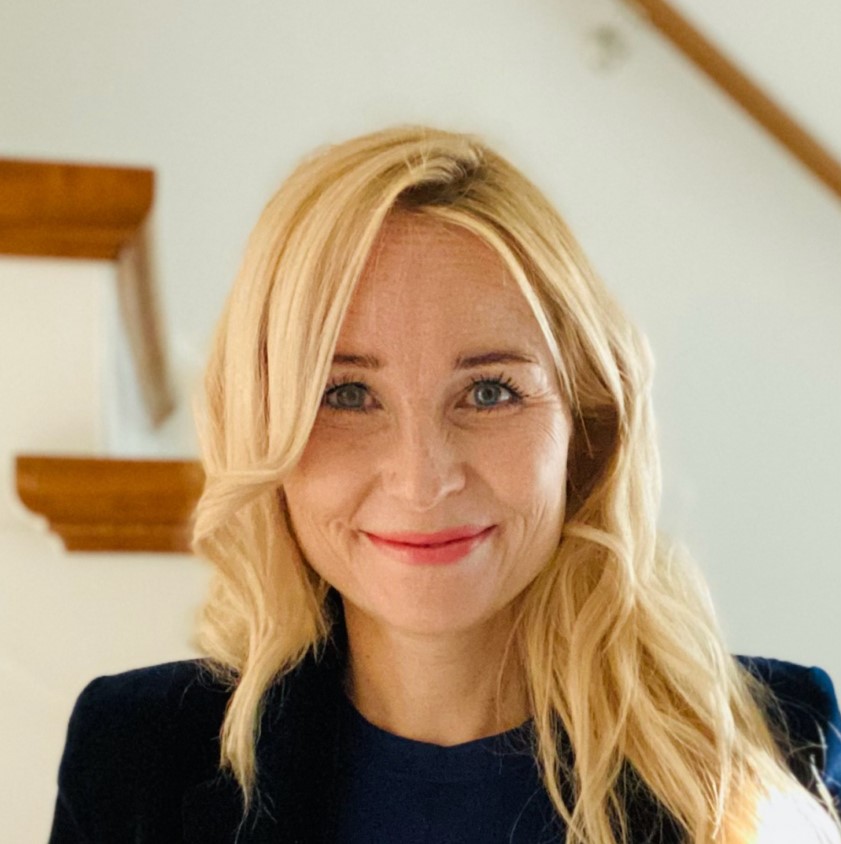
Position: Professor
Area(s) of expertise: EU enlargement, democratisation and autocratisation
Regional expertise: Eastern Partnership
Research project(s): InvigoratEU, EMBRACE
Social media Personal website
Media & publications:
- The EU's Response to the Russian Invasion of Ukraine: Invoking Norms and Values in Times of Fundamental Rupture, JCMS (2024)
Contact information: Maastricht University profile page
Wicke van den Broek
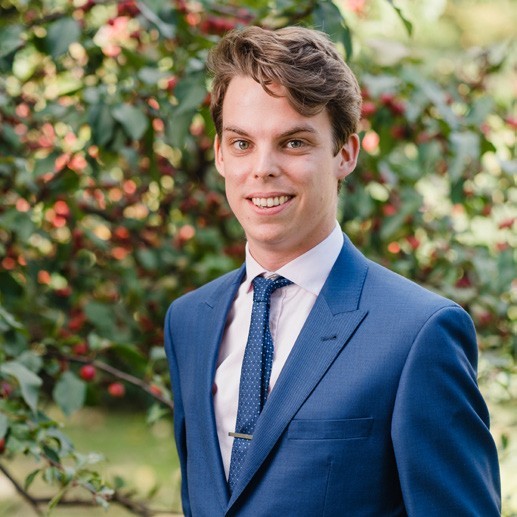
Position: PhD Candidate
Area(s) of expertise: Democratic resilience and autocratisation
Regional expertise: Visegrad Group (Poland, Czechia, Hungary, Slovakia), Belarus, Eastern Partnership
Research project(s): EMBRACE
Social media: LinkedIn
Contact information: Maastricht University profile page
Media & publications:
Jens Emmers
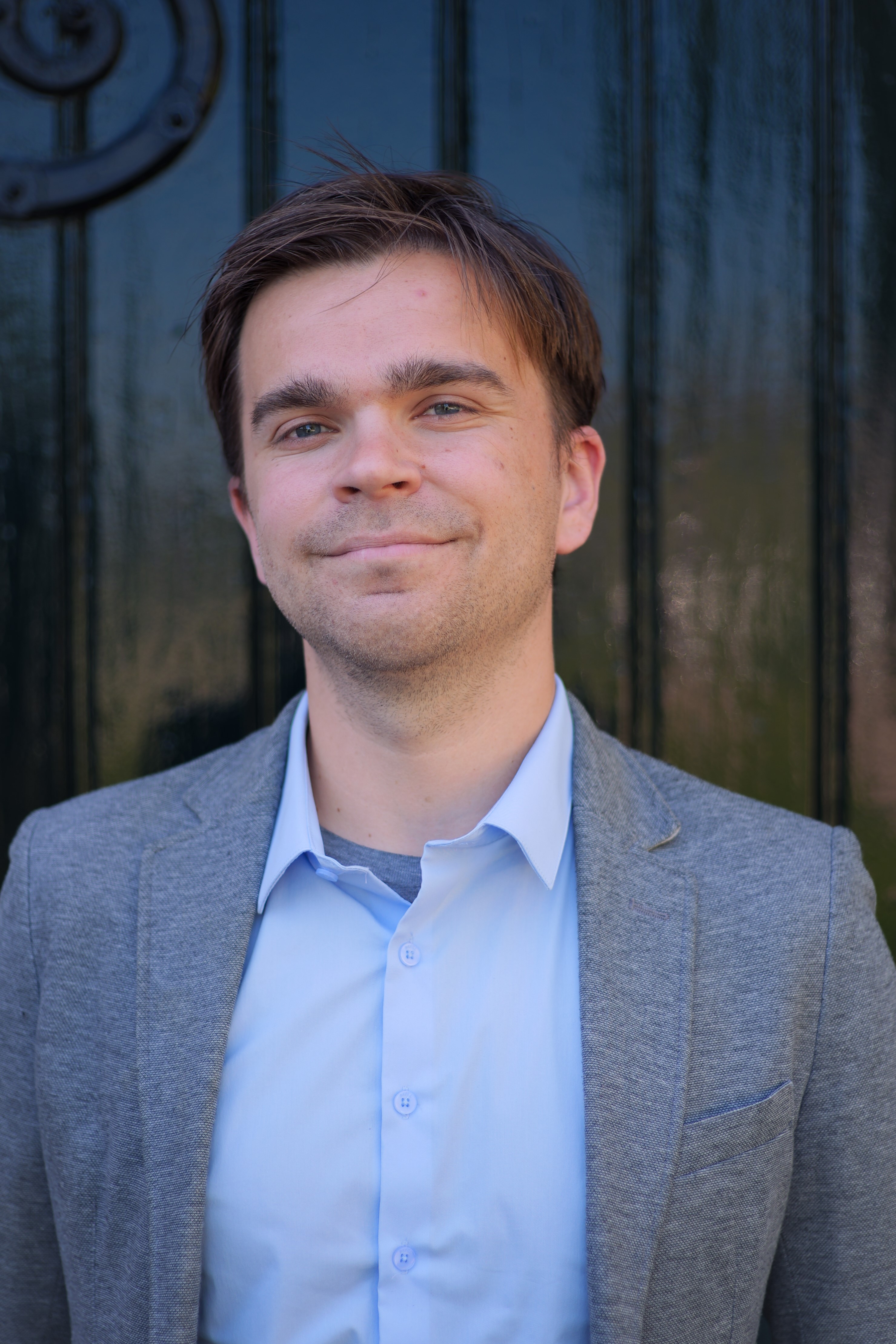
Position: Teaching fellow
Area(s) of expertise: Nationalism and National Minorities in Central Europe
Regional expertise: Central Europe, predominantly Hungary, Slovakia, Romania and Serbia
Social media: LinkedIn
Contact information: Maastricht University profile page
Anna Herranz-Surrallés
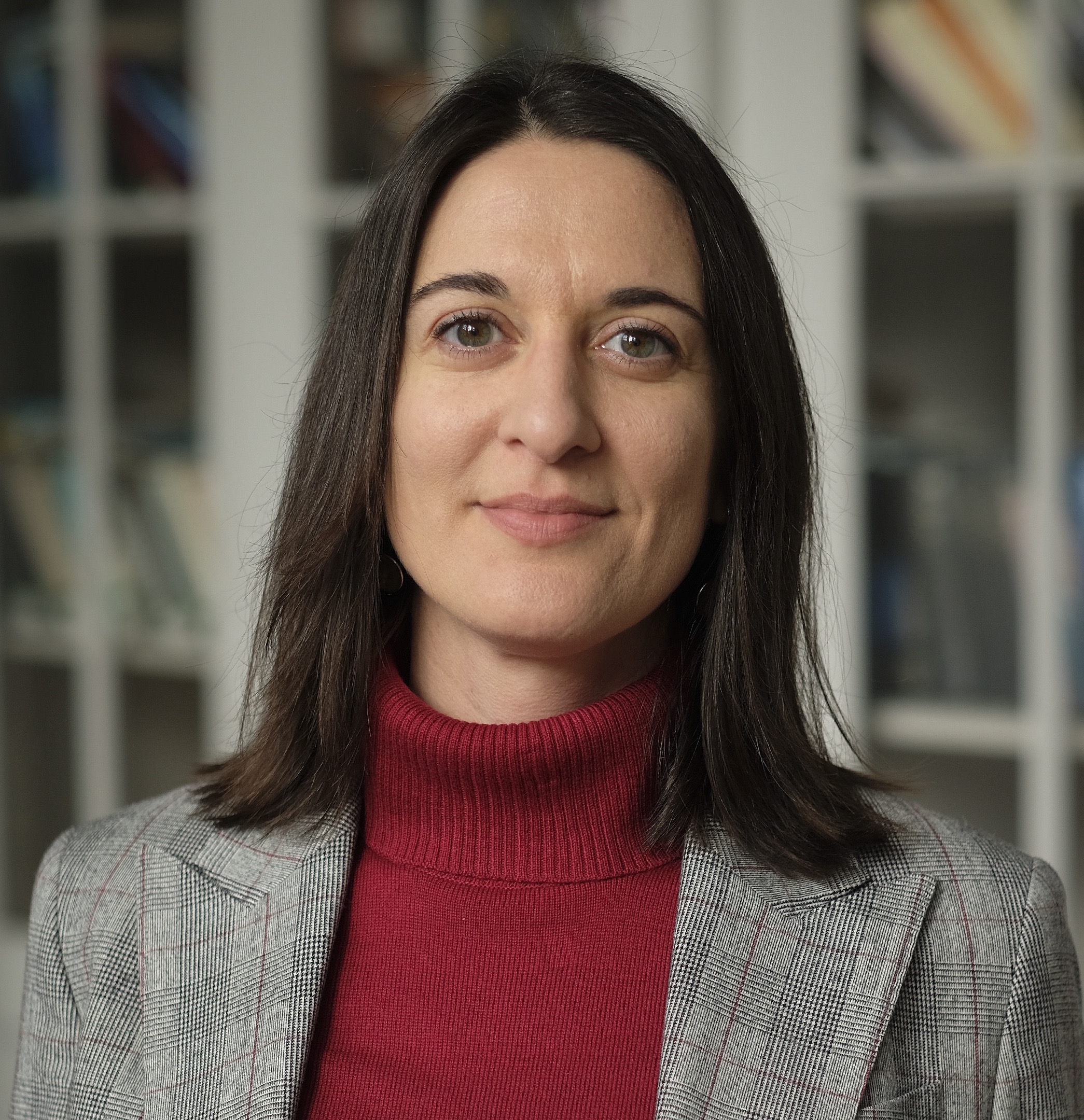
Position: Associate Professor of International Relations
Area(s) of expertise: Energy and investment governance, EU external (geo)economic policies
Regional expertise: Eastern Europe, Russia, Central Asia
Research project(s): Jean Monnet Network VISTA Revitalising the Study of EU Single Market Integration in a Turbulent Age
Social media: LinkedIn
Contact information: Maastricht University profile page
Media & publications:
- The European Energy Transition in a Geopoliticising World. Geopolitics (2024)
Adriana Iamnitchi
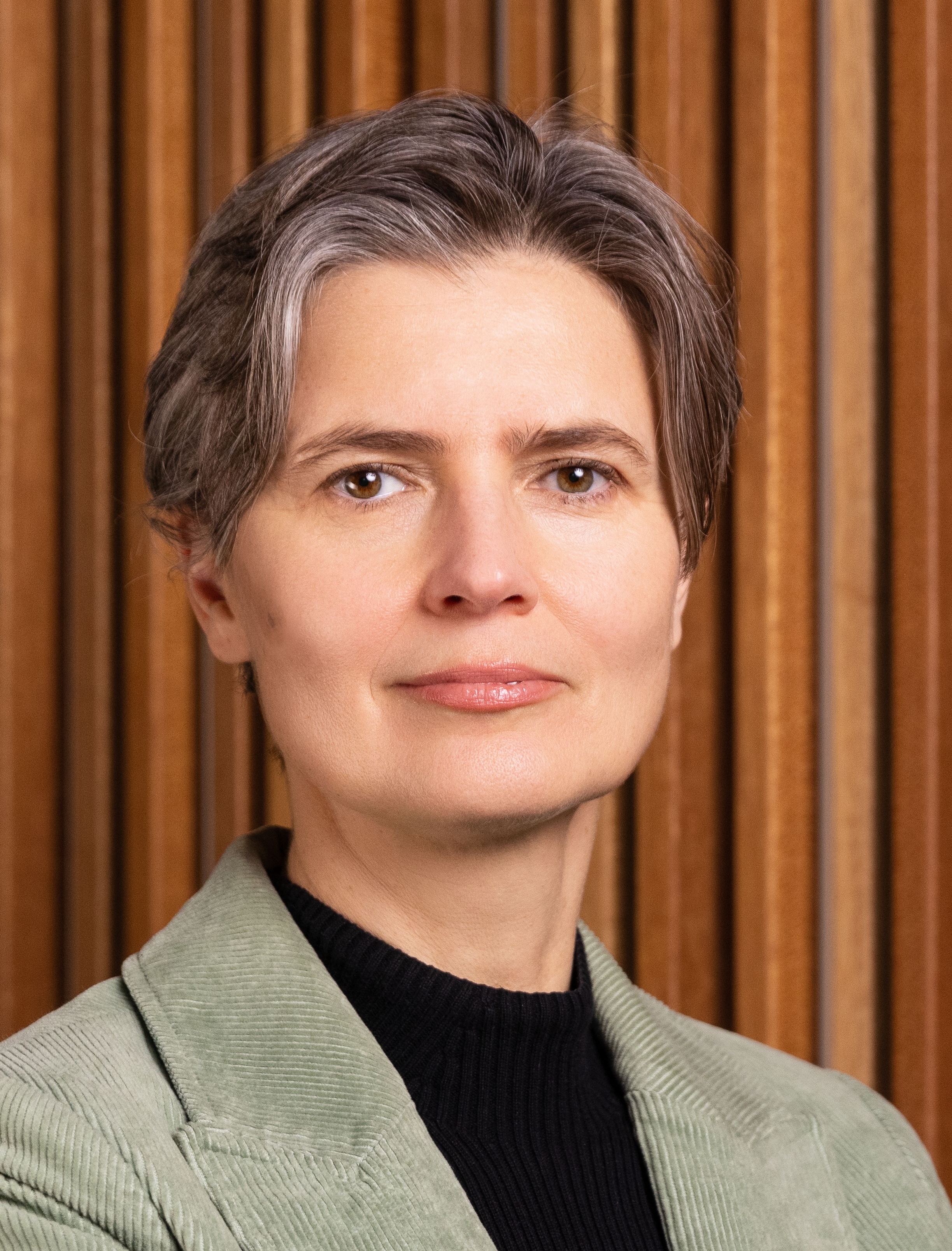
Position: Professor, Chair of Computational Social Science
Area(s) of expertise: social media analytics, network science, computer science.
Key publications: ORCID page
Contact information: Maastricht University profile page
Aleksandra Komornicka
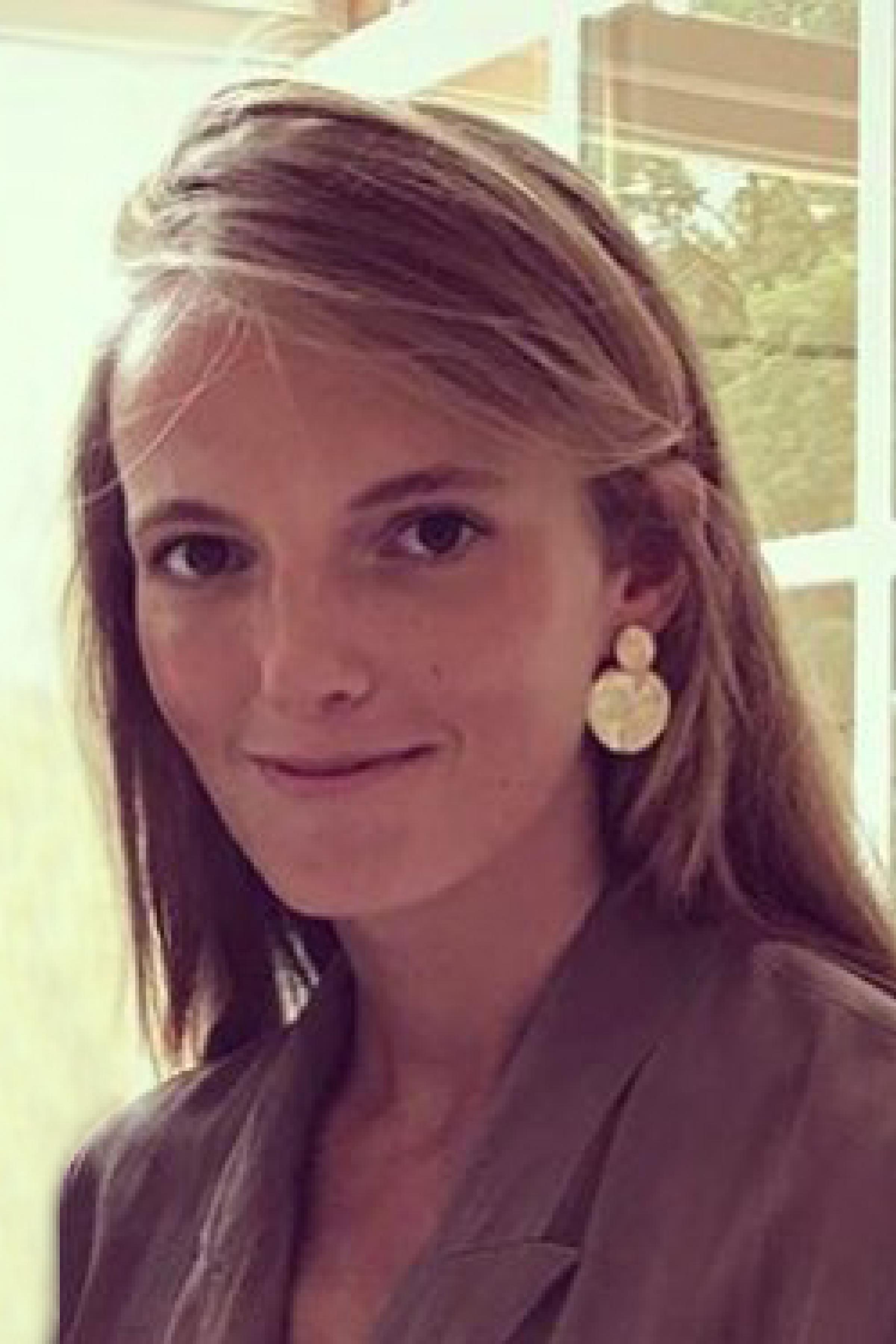
Position: Assistant Professor in European history since 1945
Area(s) of expertise: East-West European relations, European integartions, Cold War, buisness history
Regional expertise: Poland
Research project(s): The Market Next Door: Western European Multinationals and the Remaking of Central Europe, 1969-1993
Social media: LinkedIn, Bluesky
Contact information: Maastricht University profile page
Media & publications:
- Poland and European East-West Cooperation in the 1970s: The opening Up, Routledge (2023)
- Together with Koen van Zon, Matthew Broad, Paul Reef, Alessandra Schimmel and Jorrit Steehouder: The Unfinished History of European Integration, Amsterdam University Press (2024)
Inge Melchior
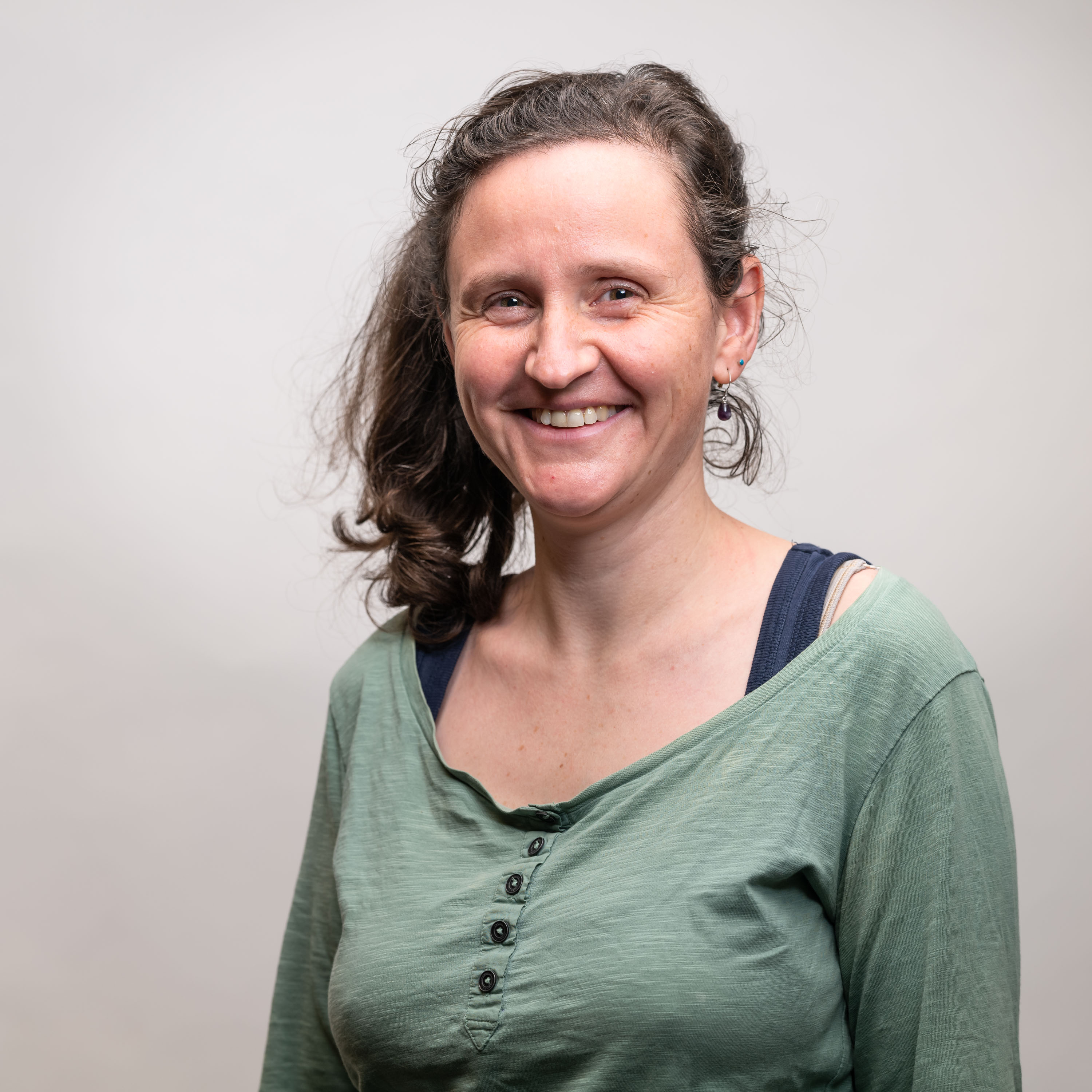
Position: Lecturer
Area(s) of expertise: national identity, collective memory, ethnography, anthropology, memory politics, monuments
Regional expertise: Estonia, Baltic States
Research project(s): Guardians of Living History - An Ethnography of Post-Soviet Memory Making in Estonia
Social media: LinkedIn
Contact information: Maastricht University profile page
Ferenc Lőrinc Laczó
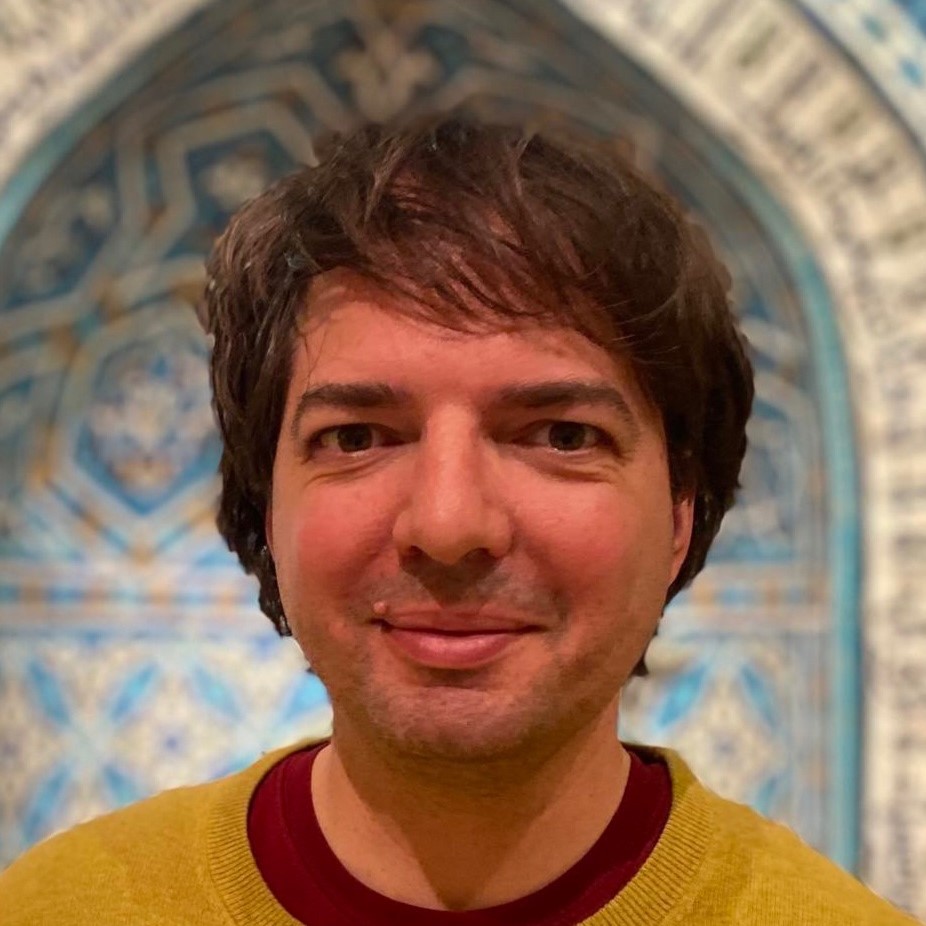
Position: Assistant Professor
Area(s) of expertise: Political and Intellectual history, European and Global history, Democracy and Illiberalism, Holocaust and Genocide Studies, Memory Studies
Regional expertise: Hungary, Central Europe
Media & publications: Key publications by Ferenc
Contact information: Maastricht University profile page
Michal Natorski
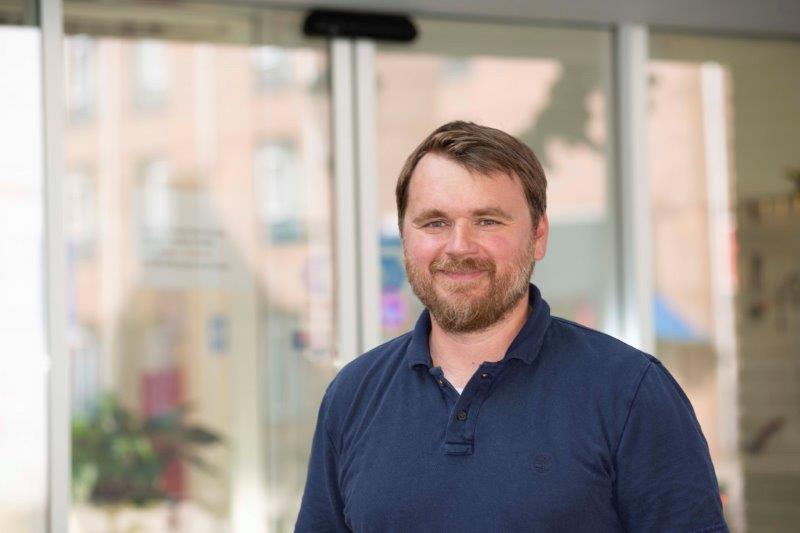
Position: Assistant Professor at the United Nations University - MERIT, School of Business and Economics
Area(s) of expertise: War in Ukraine, Foreign policies of Poland and Ukraine, Polish-Ukraine bilateral relations, Domestic politics in Poland and Ukraine, the EU enlargement towards Ukraine and domestic transformations, Artificial Intelligence sector in Ukraine
Regional expertise: Ukraine, Poland, Central and Eastern Europe
Social Media: LinkedIn
Media & publications:
Natorski, M. (2025). Polish Eastern foreign policy from a postcolonial perspective, In: Katarzyna Walecka, Simona Guerra, and Fernando Casal Bértoa (eds.) Oxford Handbook of Polish Politics, Oxford: Oxford University Press, 1048-1067.
Natorski, M. (2023). Resilience in EU crisis interventions in Ukraine: A complexity perspective. Journal of Contemporary European Studies, 31(4), 1086–1105. https://doi.org/10.1080/14782804.2022.2097205
Natorski, M., and Pomorska, K. (2017). Trust and Decision-making in Times of Crisis: The EU's Response to the Events in Ukraine. JCMS: Journal of Common Market Studies, 55, 54–70. doi: 10.1111/jcms.12445.
Contact information: Maastricht University profile page
Brigitte Le Normand
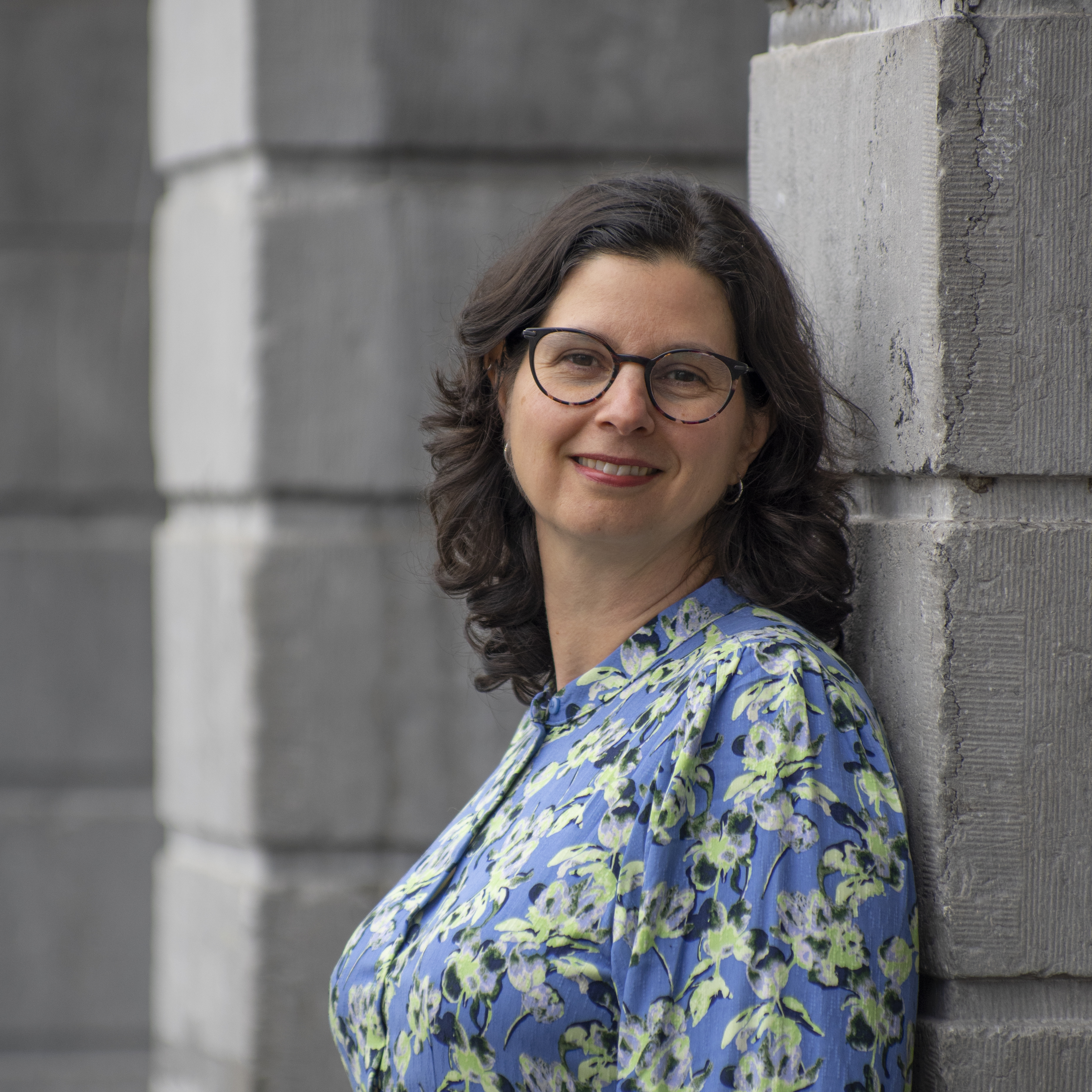
Position: Associate Professor
Area(s) of expertise: socialist Yugoslavia, labour migration, entangled histories, and urban planning
Regional expertise: Former Yugoslavia, Western Balkans
Research project(s): Women Migrants from the Northern Mediterranean and Work in Postwar Northwestern Europe (FeMMiWork)
Contact information: Maastricht University profile page
Gergana Noutcheva
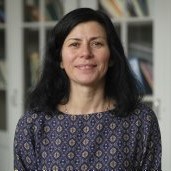
Position: Associate professor in International Relations, Jean Monnet Chair
Area(s) of expertise: EU enlargement and neighbourhood policies, comparative democratisation, democracy promotion
Regional expertise: Western Balkans, Eastern neighbourhood
Research project(s): EU – Eastern Europe
Social media: LinkedIn, Bluesky
Contact information: Maastricht University profile page
Jules Ortjens (J.R.A.)
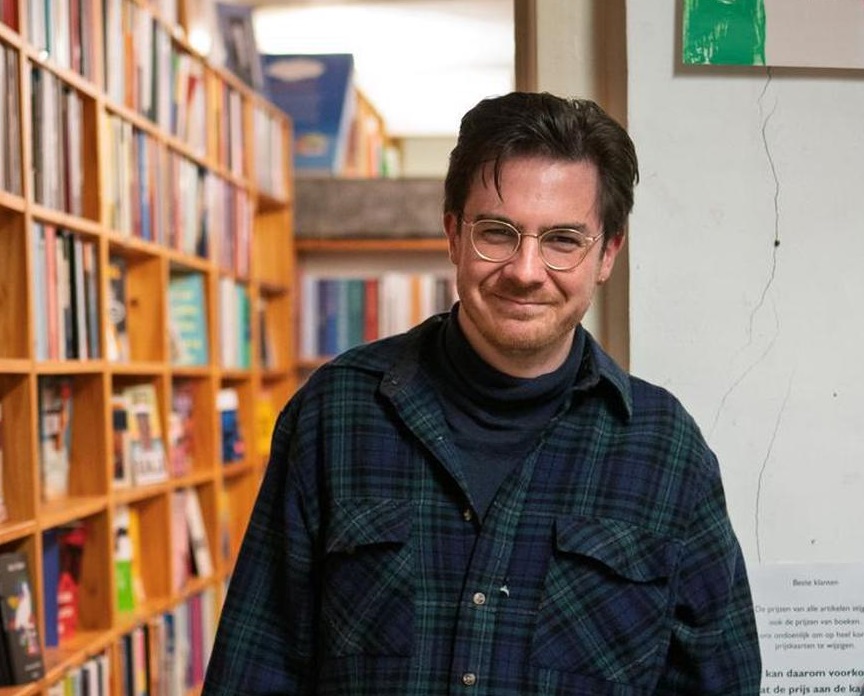
Position: Teacher, History Department FASoS
Area(s) of expertise: Christian Democracy, EU-Russia Relations
Regional expertise: European Union, Russian Federation
Social media: LinkedIn, Bluesky
Media & publications: Key publications by Jules
Contact information: Maastricht University profile page
Aline Sierp
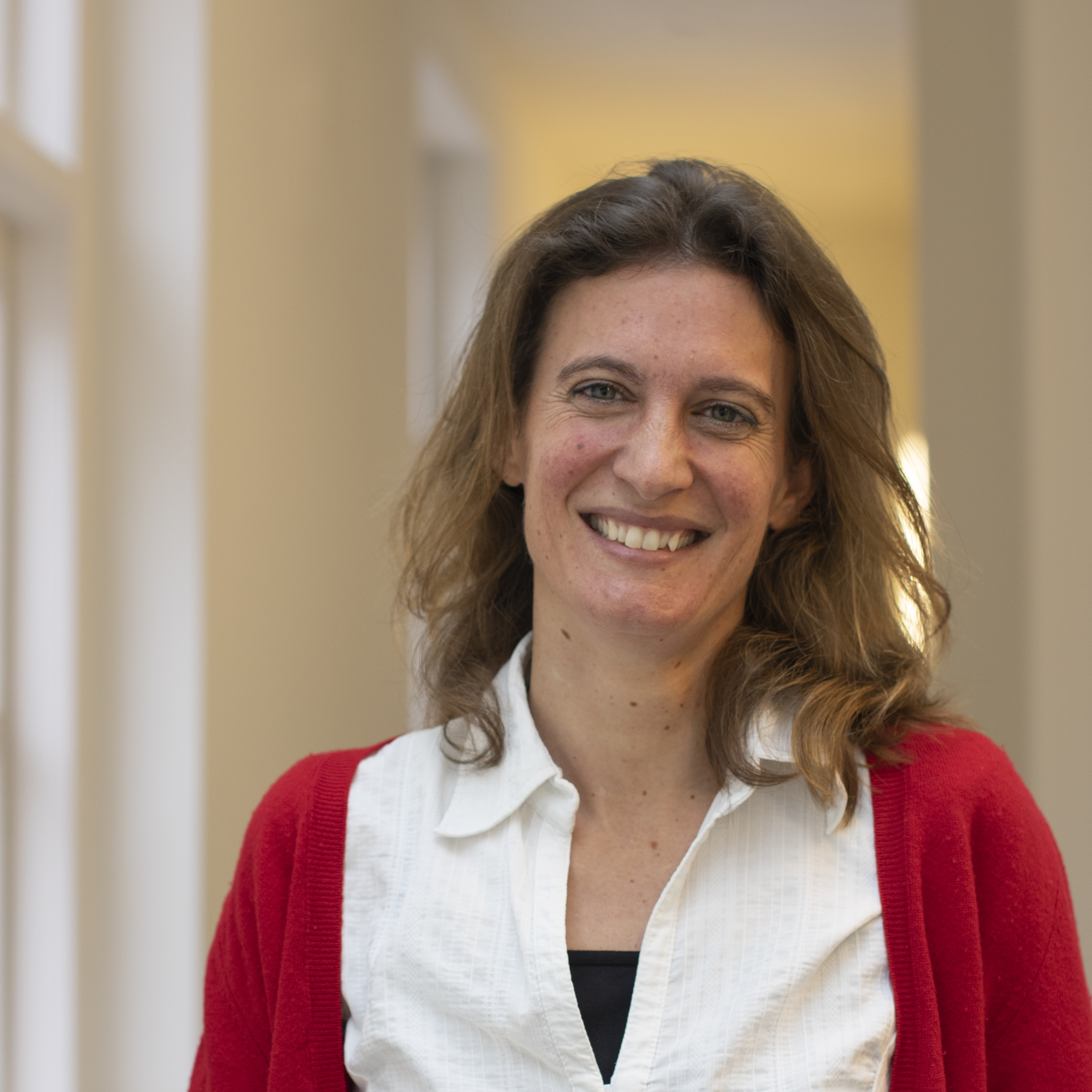
Position: Associate Professor
Area(s) of expertise: Transnational Memory, European Memory and Identity Politics, European Integration History, Post-1945 German and Italian History
Research project(s): When the Past Determines the Future: The Role of Memory in Foreign Policy Decisions
Media & publications:
- 1939 versus 1989 – A Missed Opportunity to Create a European Lieu de Memoire?, East European Politics & Societies (2017)
- Drawing Lessons from the Past – Mapping Change in Central and South-Eastern Europe. East European Politics & Societies (2016)
- Europe’s Changing Lessons from the Past [Special Issue]. East European Politics & Societies (2016)
- Nostalgia for Times Past. On the Uses and Abuses of the Ostalgie Phenomenon in Eastern Germany. Contemporary European Studies (2009)
Contact information: Maastricht University profile page
Aneta Spendzharova
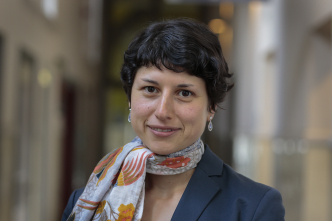
Position: Associate Professor
Area(s) of expertise: European Political Economy, Green transition, Financial sector governance
Regional expertise: Bulgaria, Southeastern Europe, Baltics
Research project(s): 'Raise your game or fall behind: explaining the use of EU sustainable finance in the EU’s Central and Eastern European member states', with Ringa Raudla, Kaija Veskioja at the Tallinn University of Technology
Contact information: Maastricht University profile page
Mariëlle Wijermars
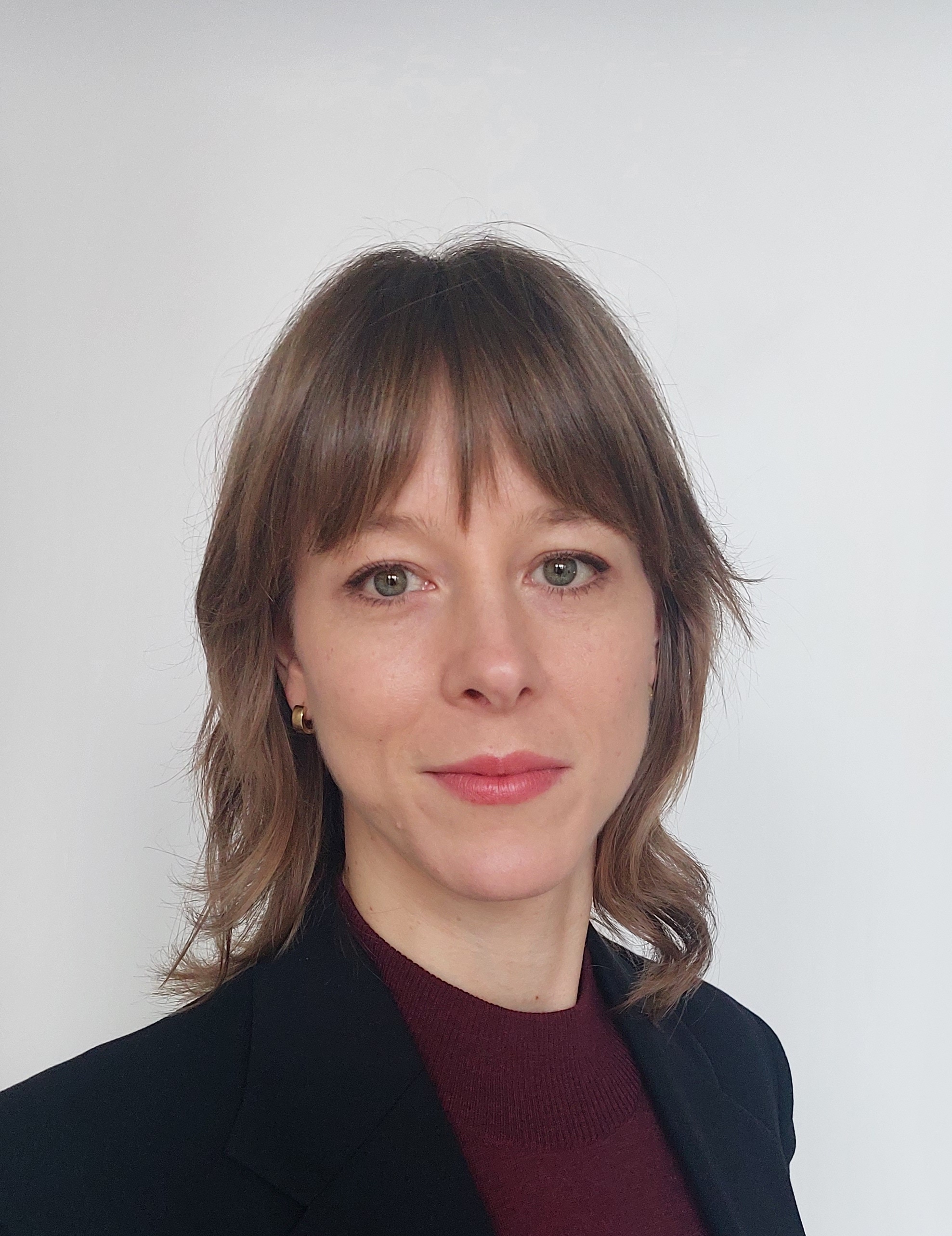
Position: Assistant professor in Internet Governance
Area(s) of expertise: Digital authoritarianism; Internet policy; Platform governance; Russian politics; Political communication; Internet censorship
Regional expertise: Russia
Research project(s): Research for information freedom
Social media LinkedIn, Bluesky, personal website
Media & publications:
- Is Telegram a “harbinger of freedom”? The performance, practices, and perception of platforms as political actors in authoritarian states. Post-Soviet Affairs (2022)
Contact information: Maastricht University profile page
Olga Zvonareva

Position: Associate Professor
Area(s) of expertise: Politics of biomedical sciences and technologies, epistemic politics, hostilities to public participation, uninvited participation
Regional expertise: Russia
Social media: LinkedIn
Media & publications:
- Divided Publics: Digital Media and Public Participation in Wartime Russia. Bristol University Press (2026)
- Invisible Participation: Patients with Oncological and Rare Diseases in Russia. Science, Technology & Human Values (2025)
- Evidence-based medicine and private clinics in Russia: Unlikely co-production of good care and profit-making. Medical Anthropology Quarterly (2025)
- Pharmapolitics in Russia. Making Drugs and Rebuilding the Nation. SUNY Press (2016)
Contact information: Maastricht University profile page
-
-
Videos
Meet Dr Brigitte le Normand, CERiM CEEhub expert on socialist Yugoslavia
Meet Dr Gergana Noutcheva, CERiM CEEhub expert on comparative democratisation of Eastern Europe
Meet Dr Inge Melchior, CERiM CEEhub expert on Estonian memory politics
Meet Dr Aneta Spendzharova, CERiM CEEhub expert on financing the EU green transition
Meet Dr Ferenc Laczó, CERiM CEEhub expert on the political history of Hungary
Meet Wicke van den Broek, CERiM CEEhub PhD candidate in EU democracy promotion
-
-
Past CEEhub events
CEEhub launch event 15 May 2025
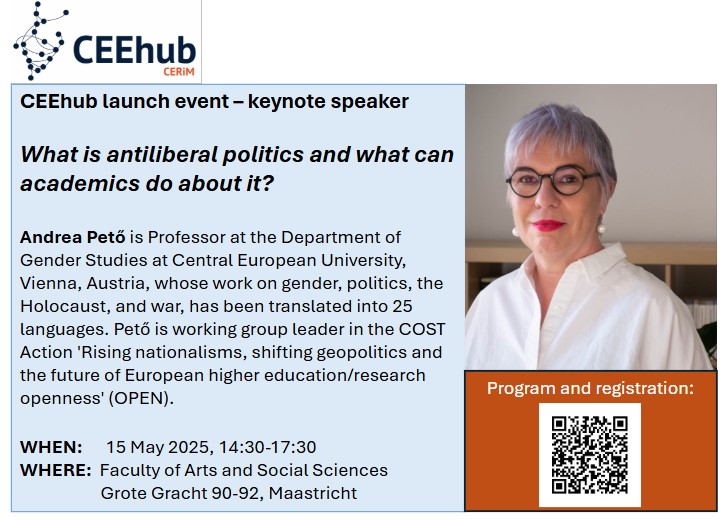
Jean Monnet Lecture Professor Milada Anna Vachudova - 28 May
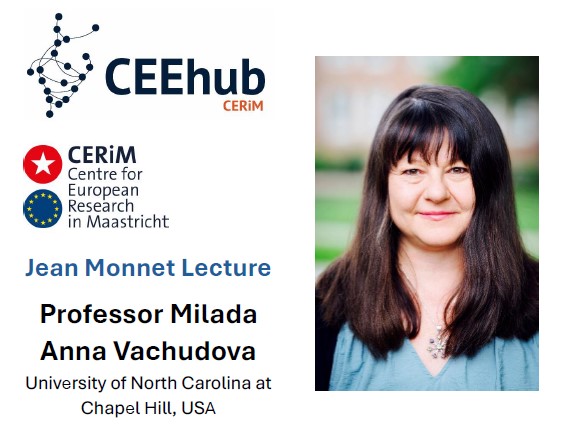
-

